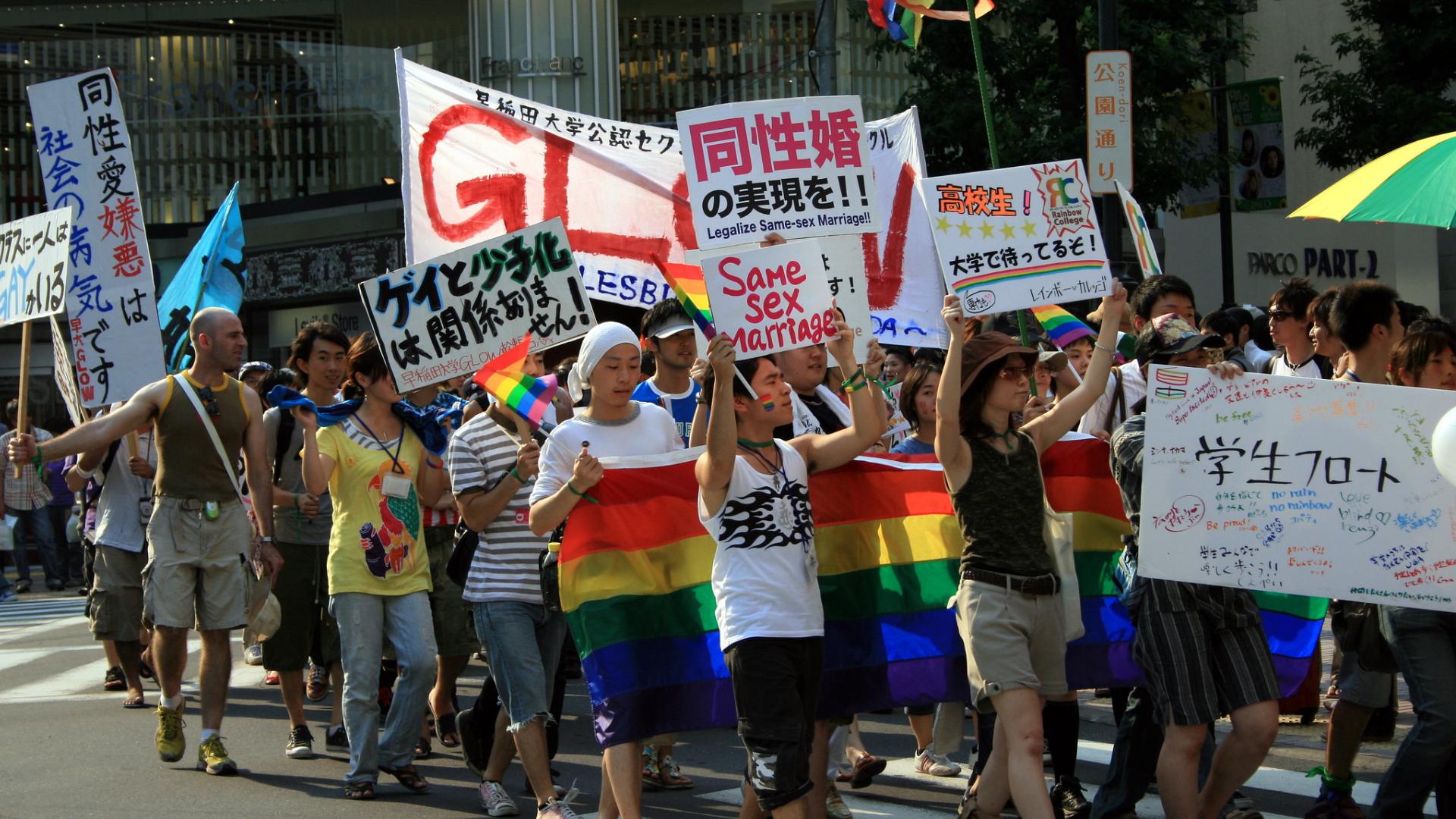Japan’s ban on equal marriage ruled unconstitutional by second high court
"The Japanese government must take action to legalise same-sex marriage across the country," said a spokesperson from Amnesty International
By Alim Kheraj

Japan‘s ban on equal marriage has been ruled unconstitutional, a second high court in the country has ruled.
According to a report by the AP, the Tokyo High Court said on Wednesday (30 Oct) that the ban was “a groundless legal discrimination based on sexual orientation” that violated citizen’s rights to equality. Japan is currently the only G7 nation that doesn’t allow gay marriage.
The ruling in Tokyo marks the second time that such a ruling has been made by a high court.
In March 2024, a court in the northern city of Sapporo stated that ban was “discriminatory”, while several smaller courts have also stated that banning equal marriage is unconstitutional.
“This decision marks a critical step towards marriage equality” – Boram Jang, Amnesty International
In a statement shared following the ruling, Amnesty International’s East Asia Researcher Boram Jang said: “This decision marks a critical step towards marriage equality in Japan and offers renewed hope to same-sex couples across the country.
“This case is also a reminder of the lengthy and fragmented legal battles couples must endure to exercise rights to equality that should already be protected. It is an injustice that weighs heavily on their lives.
“The Japanese government must take action to legalise same-sex marriage across the country. It is time to introduce national legislation that brings marriage equality to everyone in Japan, rather than relying on inconsistent and inadequate responses at the local government level. All couples, no matter their gender or sexual orientation, deserve the same legal rights, protections, and the dignity that comes with recognition under the law.”
According to the AP, those plaintiffs petitioning the courts cheered as the ruling was made, with one, Yoko Ogawa, a plaintiff in her 60s, saying she felt “grateful to be alive when I heard the word ‘unconstitutional’ from the judge”.
Still, the biggest block to marriage equality in Japan is the ruling conservative Liberal Democratic Party and the Prime Minister Fumio Kishida, who has remained opposed to the legalisation.
However, as LGBTQ Nation pointed out, the political party lost its parliamentary majority in the recent election, which may lead to cooperation with opposition parties on more liberal policies.
